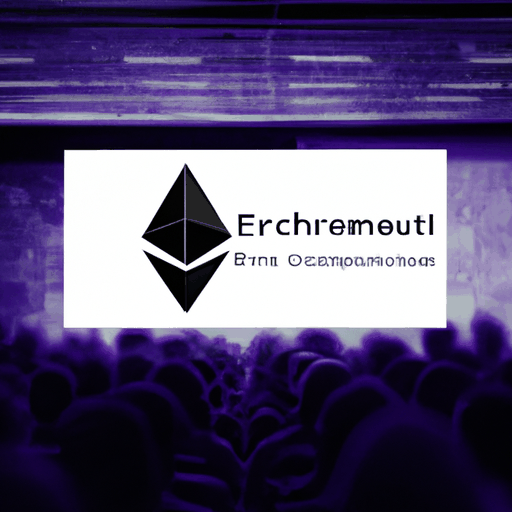
Ethereum Introduces Kohaku Wallet to Enhance Privacy and Security
By: Eva Baxter
In a transformative move, Ethereum is set to significantly enhance user privacy with the introduction of the Kohaku wallet. Announced ahead of the Devcon conference, Kohaku represents Ethereum's commitment to making privacy a foundational component of its ecosystem. The Ethereum Foundation, along with its Privacy Cluster of 47 engineers, researchers, and cryptographers, is focused on integrating privacy at various layers of the Ethereum stack. This initiative, which emphasizes that privacy should be a fundamental human right baked into protocol design, aims to reposition Ethereum's blockchain as privacy-centric.
During the Devcon conference in Argentina, the Ethereum Foundation plans to make the Kohaku wallet framework available for public testing. This framework is designed to minimize the exposure of personal and transactional details. By utilizing advanced cryptographic techniques such as zero-knowledge proofs, Ethereum aims to improve scalability and confidentiality without sacrificing security. These techniques are crucial as they provide the necessary infrastructure for ensuring privacy features are built-in rather than appended as external patches.
The Kohaku wallet offers a software development kit (SDK) and a browser extension for developers and advanced users, enabling them to incorporate security and privacy primitives directly into their applications. By pioneering privacy enhancing solutions, Ethereum plans to manage privacy at scale and address regulatory challenges. This includes the establishment of the Institutional Privacy Task Force which focuses on the coexistence of privacy-preserving technologies and compliance requirements, with an aim to provide guidelines for mapping out privacy tools for real-world applications.
The forward-looking Kohaku initiative is more than just a privacy solution; it signifies a philosophical shift in Ethereum's ideology. With the potential success of the Kohaku project and Privacy Cluster, Ethereum suggests a future protocol standard where privacy is default rather than optional, which could prove essential as global data extraction and surveillance increase. This paradigm shift in privacy has the potential to drive mainstream adoption and reflects a market trend where privacy-centric tokens are outperforming the broader cryptospace, thus reinforcing the importance of transaction-level confidentiality.



